

Articles
How To Store Rosewater
Modified: December 7, 2023
Learn the best ways to store rosewater and keep it fresh for longer with these helpful articles. Discover how to preserve the soothing properties of rosewater.
(Many of the links in this article redirect to a specific reviewed product. Your purchase of these products through affiliate links helps to generate commission for Storables.com, at no extra cost. Learn more)
Introduction
Welcome to our comprehensive guide on how to properly store rosewater. Rosewater is a versatile and aromatic beauty product that has been used for centuries in various cultures for its skin-soothing and rejuvenating properties. Whether you use rosewater for cooking, skincare, or as a natural fragrance, it is crucial to store it correctly to maintain its quality and extend its shelf life.
Proper storage not only helps preserve the fragrance and potency of rosewater but also prevents bacterial growth and oxidation, ensuring that you can enjoy its benefits for a longer period of time. In this article, we will explore the factors to consider, the appropriate containers, the ideal storage environment, and essential tips for preserving the quality of rosewater.
By following the guidelines outlined here, you can safeguard the freshness and efficacy of your rosewater, allowing you to maximize its benefits. So, let’s dive in and discover the best practices for storing rosewater!
Key Takeaways:
- Proper storage of rosewater is essential to maintain its fragrance, potency, and safety. Factors like quality, expiration date, container type, and storage environment play a crucial role in preserving its benefits.
- Avoid common mistakes like sunlight exposure, improper containers, and prolonged storage to ensure the freshness and effectiveness of rosewater. By following proper storage practices, you can fully experience its aromatic and therapeutic qualities.
Read more: How To Store Basil From Store
Importance of Proper Storage for Rosewater
Proper storage is crucial for maintaining the quality and effectiveness of rosewater. When exposed to unfavorable conditions, rosewater can deteriorate, leading to a loss of fragrance, color, and beneficial properties. Additionally, improper storage can promote the growth of bacteria and mold, making the rosewater unsafe for use.
One of the primary reasons to store rosewater properly is to preserve its fragrance. The delicate floral aroma of rosewater is one of its most cherished characteristics. By storing it in the right conditions, you can ensure that the fragrance remains intact for an extended period. This is especially important if you use rosewater in perfumes, cosmetics, or culinary applications, as the scent adds a delightful touch to these products.
Furthermore, proper storage helps to maintain the potency and beneficial properties of rosewater. Rosewater is known for its soothing and toning effects on the skin. It can help reduce redness and inflammation, hydrate the skin, and promote a youthful complexion. However, exposure to heat, light, or oxygen can degrade the active compounds in rosewater, diminishing its effectiveness.
Another important aspect of proper storage is preventing contamination. As rosewater contains a high concentration of water, it is susceptible to bacterial growth and mold formation. By storing rosewater in a clean and airtight container, you can minimize the risk of microbial contamination and ensure that the product remains safe for use.
Overall, proper storage not only preserves the fragrance and potency of rosewater but also ensures its safety and usability. By taking the time to store your rosewater correctly, you can enjoy its aromatic and therapeutic qualities to the fullest extent.
Factors to Consider Before Storing Rosewater
Before you start storing your rosewater, there are a few important factors to consider. These factors will help you determine the ideal storage conditions and ensure that your rosewater remains fresh and effective for as long as possible.
1. Quality of Rosewater: The first factor to consider is the quality of the rosewater itself. If you’ve made your rosewater at home, ensure that it is made from fresh, organic roses without any pesticides or chemicals. If you’re purchasing rosewater, opt for reputable brands that offer pure and natural products. High-quality rosewater is more likely to retain its fragrance and beneficial properties during storage.
2. Expiration Date: Check the expiration date of your rosewater. Like any other skincare or beauty product, rosewater also has a shelf life. Pay attention to the expiration date and try to use the rosewater before it expires. However, proper storage can help extend the shelf life of rosewater beyond its expiration date.
3. Type of Rosewater: Consider the type of rosewater you have. There are two main types: distilled rosewater and hydrosol. Distilled rosewater is made by steam distilling rose petals, while hydrosol is the byproduct of essential oil production. Distilled rosewater has a longer shelf life, while hydrosol is more delicate and has a shorter lifespan. Keep this in mind when planning for storage.
4. Climate and Temperature: Take into account the climate and temperature conditions of your location. Rosewater is sensitive to extreme temperatures. It should be stored away from direct sunlight and kept in a cool, dry place. High temperatures can cause the rosewater to spoil quickly, while cold temperatures can potentially freeze the product or alter its chemical composition.
5. Usage Frequency: Consider how frequently you use rosewater. If you use it daily or regularly, opt for smaller containers to ensure that you finish the product within a reasonable time frame. This will help maintain the freshness and potency of the rosewater since frequent opening and exposure to air can accelerate degradation.
By considering these factors, you can make informed decisions regarding the storage of your rosewater. Understanding the quality, type, expiration date, climate conditions, and your usage frequency will help you establish the best practices for storing rosewater and preserving its quality over time.
Choosing the Right Container for Storing Rosewater
When it comes to storing rosewater, selecting the right container is essential. The right container will help preserve the freshness, aroma, and quality of the rosewater, while also preventing contamination and degradation. Here are some factors to consider when choosing the ideal container for storing rosewater:
1. Material: Opt for containers made from glass, preferably amber or cobalt blue glass. Glass containers are non-reactive, meaning they won’t interact with the rosewater and alter its chemical composition. Amber or cobalt blue glass helps filter out harmful UV rays, protecting the rosewater from light-induced degradation.
2. Airtight: Choose a container that provides an airtight seal. This will prevent air from entering the container, reducing the risk of oxidation and the loss of fragrance and potency. Airtight containers also help keep out moisture and contaminants, preserving the quality and safety of the rosewater.
3. Size: Consider the size of the container based on your usage frequency. If you use rosewater daily or frequently, opt for smaller containers to minimize the amount of air exposure each time you open the bottle. This will help maintain the freshness and effectiveness of the rosewater for a longer period.
4. Dark Environment: If you can’t find glass containers, choose a container made from a dark material, such as plastic or aluminum, to protect the rosewater from light exposure. However, keep in mind that plastic containers may be more prone to leaching chemicals into the rosewater over time, so it’s best to opt for glass if possible.
5. Labeling: Ensure that the container is suitable for labeling. Properly labeling the container will help you identify the rosewater and keep track of its expiration date. Use waterproof labels or a permanent marker to prevent them from smudging or fading over time.
By considering these factors, you can select a container that meets the necessary criteria for storing rosewater effectively. Remember, the right container will play a crucial role in maintaining the quality and potency of your rosewater, allowing you to enjoy its benefits for an extended period of time.
Proper Storage Environment for Rosewater
Creating the proper storage environment for rosewater is key to preserving its freshness, fragrance, and beneficial properties. By ensuring the right conditions, you can extend the shelf life of your rosewater and maintain its quality over time. Here are some guidelines to follow when creating the ideal storage environment:
1. Temperature: Rosewater should be stored in a cool environment. Avoid exposing it to excessive heat, as high temperatures can cause the rosewater to spoil quickly. Aim to store rosewater between 40°F (4°C) and 60°F (15.5°C) for optimal results. Avoid storing it near sources of heat, such as radiators or stoves.
2. Light: Protect rosewater from direct sunlight or exposure to harsh lighting. Light can degrade the rosewater and lead to a loss of fragrance and potency. Store your rosewater in a dark cupboard or a container made from amber or cobalt blue glass, as these materials will help filter out harmful UV rays.
3. Humidity: Avoid storing rosewater in high humidity environments. Moisture can introduce bacteria or mold, compromising the quality and safety of the rosewater. Keep it in a dry area away from bathrooms or areas prone to moisture buildup, such as basements or laundry rooms.
4. Air Exposure: Minimize air exposure to your rosewater to prevent oxidation and maintain its freshness. Make sure the container is tightly sealed when not in use and avoid leaving it uncapped for extended periods. Oxygen exposure can cause the rosewater to lose its fragrance and beneficial properties.
5. Away from Strong Odors: Store rosewater away from strong-smelling substances or areas. Rosewater easily absorbs odors, which can alter its original fragrance. Avoid storing it near spices, cleaning agents, or perfumes to preserve its natural aroma.
6. Elevated Position: Keep your rosewater in an elevated position to prevent accidental spills or contamination from other substances. Placing it on a shelf or in a dedicated storage area will help keep it safe and secure.
7. Regular Check-ups: Periodically check on your rosewater to ensure that it remains in proper condition. Look for any signs of discoloration or foul odor. If the rosewater appears cloudy, changes color, or emits an unpleasant smell, it may be unsafe to use and should be discarded.
By following these guidelines, you can create an optimal storage environment for your rosewater. Maintaining the right temperature, protecting it from light, controlling humidity, minimizing air exposure, keeping it away from strong odors, and conducting regular check-ups will help preserve the freshness and quality of your rosewater for a longer period.
Store rosewater in a cool, dark place away from direct sunlight and heat sources. Make sure the bottle is tightly sealed to prevent evaporation and contamination. Refrigeration can also help extend its shelf life.
Read more: How To Store Store-Bought Bread
Tips for Preserving the Quality of Rosewater
Preserving the quality of your rosewater is crucial for maintaining its freshness, fragrance, and beneficial properties. Here are some helpful tips to ensure that your rosewater remains in optimal condition:
1. Avoid direct contact with fingers: When using your rosewater, avoid touching the opening of the bottle or container with your fingers. This can introduce bacteria or other contaminants into the product. Instead, pour or spray the rosewater onto a clean cotton pad or ball for application.
2. Use clean tools: Always use clean utensils when handling your rosewater, such as spoons or pipettes. This helps prevent the transfer of bacteria or dirt from other objects into the rosewater.
3. Keep the container tightly sealed: After each use, make sure to securely close the container to minimize air exposure. This will prevent oxidation and the loss of fragrance and potency. An airtight seal also helps maintain the freshness and extend the shelf life of your rosewater.
4. Store in smaller containers: If you have a large quantity of rosewater, consider dividing it into smaller containers. This reduces the risk of frequent air exposure and contamination, as you can open one container at a time while keeping the rest sealed.
5. Store in the refrigerator: If you prefer an extended shelf life for your rosewater, consider storing it in the refrigerator. The cool temperature helps slow down the degradation process, preserving the fragrance and beneficial properties of the rosewater. Just ensure that the container is tightly sealed to prevent moisture absorption and odors from other foods.
6. Handle with care: Avoid vigorously shaking or vigorously handling the container of rosewater. This can cause air bubbles and disrupt the delicate balance of the product, potentially affecting its quality and fragrance.
7. Don’t share the product: Sharing your rosewater with others may introduce bacteria or other contaminants, compromising the quality and safety of the product. It’s best to use separate containers or provide individual applicators when sharing your rosewater.
8. Keep away from heat sources: Ensure that your rosewater is stored away from heat sources, as excessive heat can accelerate the degradation process. Avoid placing it near ovens, stoves, or radiators.
9. Use within the recommended timeframe: While rosewater can last for a long time if stored properly, it’s still recommended to use it within a reasonable timeframe. Check the expiration date or recommended usage period to ensure that you are using fresh rosewater for optimal results.
By following these tips, you can effectively preserve the quality and freshness of your rosewater, allowing you to enjoy its delightful fragrance and benefits for an extended period.
Guidelines for Storing Rosewater in Different Forms
Rosewater can come in various forms, such as floral water, hydrosol, or homemade distillations. Each form requires specific guidelines for proper storage to maintain its quality and efficacy. Here are some guidelines for storing rosewater in different forms:
1. Floral Water or Hydrosol: Floral water or hydrosol is the byproduct of the steam distillation process used to extract essential oils from roses. It is essential to store floral water in a dark, cool place, away from direct sunlight and heat. Use amber or cobalt blue glass bottles to protect the product from light-induced degradation. Ensure that the container is tightly sealed to minimize air exposure and use it within six months to one year for maximum freshness.
2. Homemade Distillations: If you’ve made your rosewater through distillation at home, it’s important to store it properly to preserve its quality. Strain the homemade rosewater through a fine mesh sieve or cheesecloth to remove any impurities before transferring it to a clean glass container. Ensure that the container is tightly sealed and stored in a cool, dry place away from direct sunlight. Homemade rosewater typically has a shelf life of six months to one year.
3. Rosewater Tinctures: Rosewater tinctures are concentrated solutions made by infusing roses in alcohol. These tinctures should be stored in dark glass bottles, preferably amber or cobalt blue, to protect them from light exposure. Keep the bottles tightly sealed and store them in a cool, dry place. Rosewater tinctures can last for several years if stored properly.
4. Rosewater Sprays: Rosewater sprays are convenient and popular for skincare or fragrance purposes. When storing rosewater sprays, choose a spray bottle made from amber or cobalt blue glass to protect the product from light. Ensure that the bottle is tightly sealed between uses and store it in a cool environment away from heat sources. It’s recommended to use the spray within six months to one year for optimal freshness.
5. Commercially Bottled Rosewater: If you buy commercially bottled rosewater, it’s important to check the expiration date and follow the manufacturer’s instructions for storage. Generally, commercial rosewater is packaged in dark glass bottles to protect it from light degradation. Keep the bottle tightly sealed and store it in a cool, dry place to maintain its quality and potency.
Follow these guidelines based on the form of rosewater you have to ensure that it remains fresh, fragrant, and effective for a longer period. By storing rosewater correctly, you can fully enjoy its aromatic and therapeutic benefits.
Common Mistakes to Avoid While Storing Rosewater
Storing rosewater correctly is essential for maintaining its quality and effectiveness. However, there are some common mistakes that people make when storing rosewater. By avoiding these mistakes, you can ensure that your rosewater retains its freshness and benefits. Here are some common mistakes to avoid:
1. Exposing to sunlight: One of the biggest mistakes is exposing rosewater to direct sunlight. Sunlight can degrade the quality of rosewater, causing it to lose its fragrance and beneficial properties. Always store your rosewater in a dark place, away from sunlight or harsh lighting.
2. Using the wrong container: Using the wrong type of container can also negatively impact the quality of rosewater. Avoid storing rosewater in plastic containers as they can leach chemicals into the product over time. Instead, opt for glass containers, preferably made from amber or cobalt blue glass, as they are non-reactive and can better protect the rosewater from light and air exposure.
3. Storing in the bathroom: The bathroom is not an ideal location for storing rosewater. Bathrooms have fluctuating temperatures and high humidity levels, which can lead to the growth of bacteria or mold in the rosewater. Choose a cool, dry place outside of the bathroom to store your rosewater.
4. Improper sealing: Failing to seal the container properly is a mistake that can result in air exposure and oxidation. Make sure the container is tightly sealed after each use to minimize air contact and prevent the rosewater from losing its fragrance and potency. This will also help prevent contamination and maintain its shelf life.
5. Storing for too long: While rosewater can have a relatively long shelf life, it is still important not to store it for an extended period, especially past its expiration date. Even with proper storage, rosewater can gradually lose its freshness and effectiveness over time. Check the expiration date and try to use the rosewater within the recommended timeframe.
6. Allowing moisture in: Moisture can compromise the quality of rosewater. Avoid transferring rosewater from one bottle to another, as it can introduce moisture and potentially contaminate the product. Additionally, make sure the container is completely dry before transferring or storing rosewater to prevent any moisture buildup.
7. Keeping near strong odors: Rosewater easily absorbs strong odors. Avoid storing it near spices, cleaning agents, or fragrances that have a potent smell. This will help preserve the natural fragrance and prevent any unwanted scent contamination.
By avoiding these common mistakes, you can ensure that your rosewater remains fresh, fragrant, and effective for a longer period. Proper storage practices are essential for maintaining the quality of rosewater and allowing you to enjoy its numerous benefits.
Conclusion
Proper storage is crucial for preserving the freshness, fragrance, and effectiveness of rosewater. By following the guidelines outlined in this article, you can ensure that your rosewater remains in optimal condition for an extended period. Remember to consider factors such as the quality of the rosewater, expiration dates, the type of container used, and the storage environment.
Choosing the right container, such as glass bottles and jars, and keeping them tightly sealed will protect the rosewater from air exposure and reduce the risk of contamination. Storing rosewater in a cool, dark place away from direct sunlight, heat sources, and strong odors will help maintain its quality and prevent degradation. It is also important to avoid common mistakes, such as exposing rosewater to sunlight, using improper containers, or storing it for too long past its expiration date.
Ultimately, by implementing these storage practices, you can maximize the shelf life of your rosewater and continue to enjoy its aromatic and therapeutic benefits. Whether you use rosewater for skincare, cooking, or as a natural fragrance, proper storage will ensure that you get the most out of this versatile and cherished product.
So, take the time to store your rosewater with care, and let its soothing and rejuvenating qualities enhance your daily routines and rituals. With the right storage techniques, you can fully experience the delightful essence of rosewater for a long time to come.
Frequently Asked Questions about How To Store Rosewater
Was this page helpful?
At Storables.com, we guarantee accurate and reliable information. Our content, validated by Expert Board Contributors, is crafted following stringent Editorial Policies. We're committed to providing you with well-researched, expert-backed insights for all your informational needs.

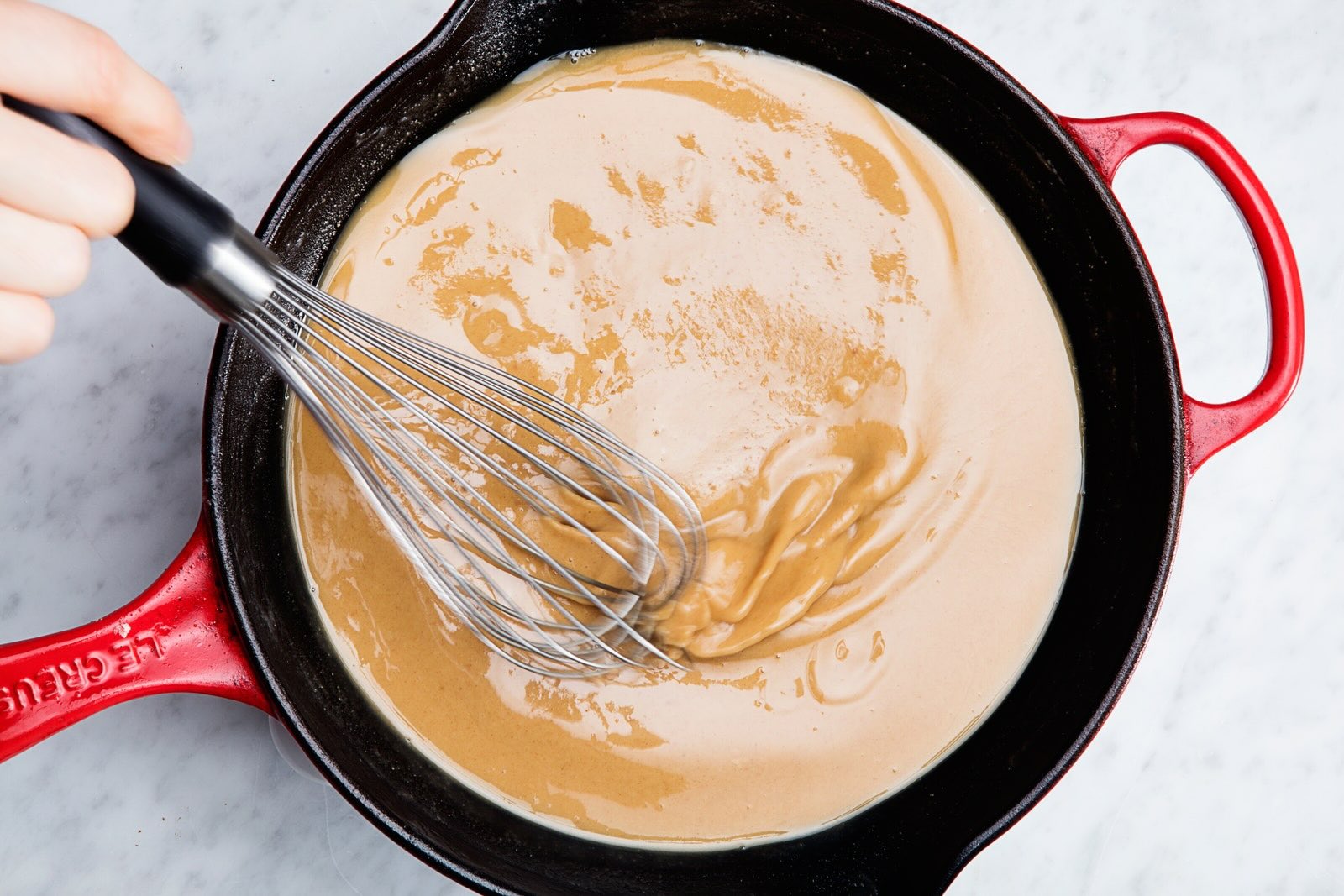
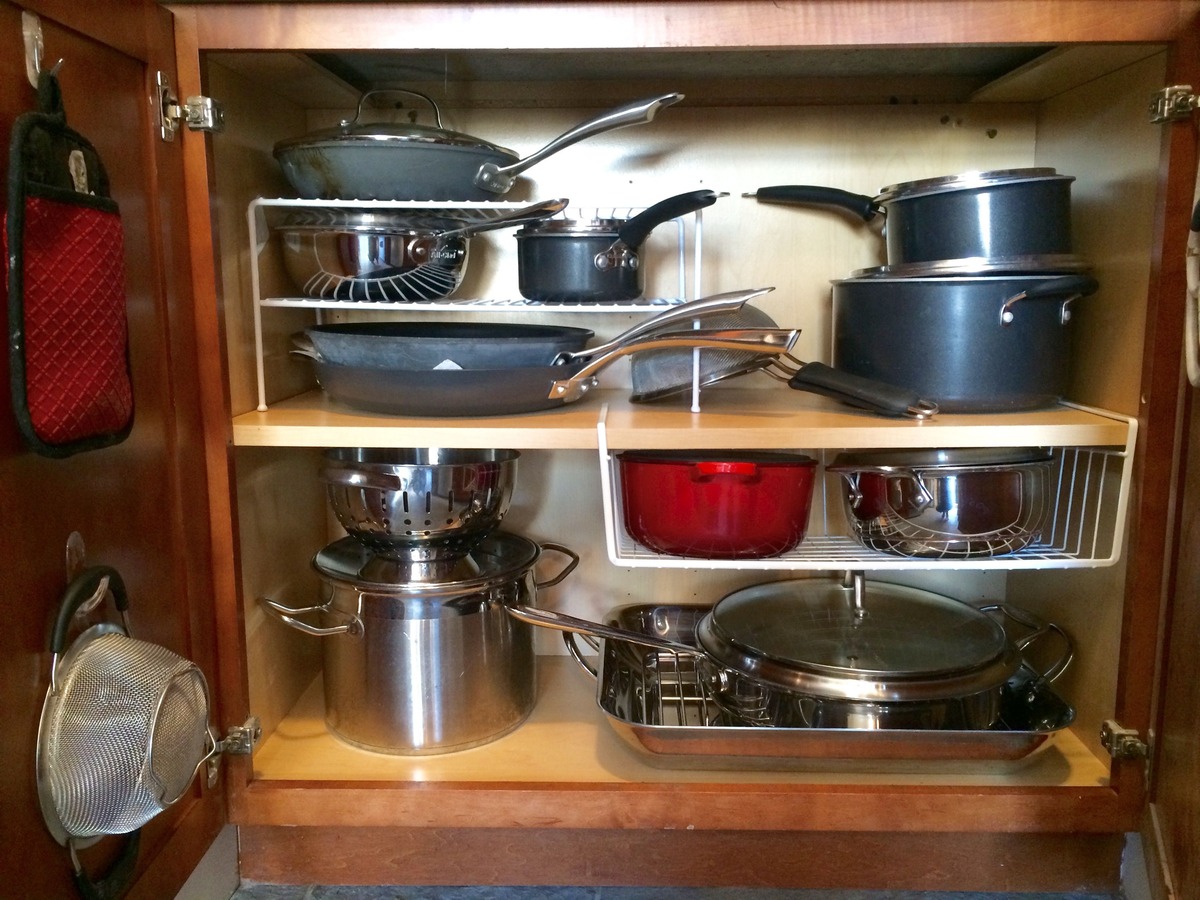
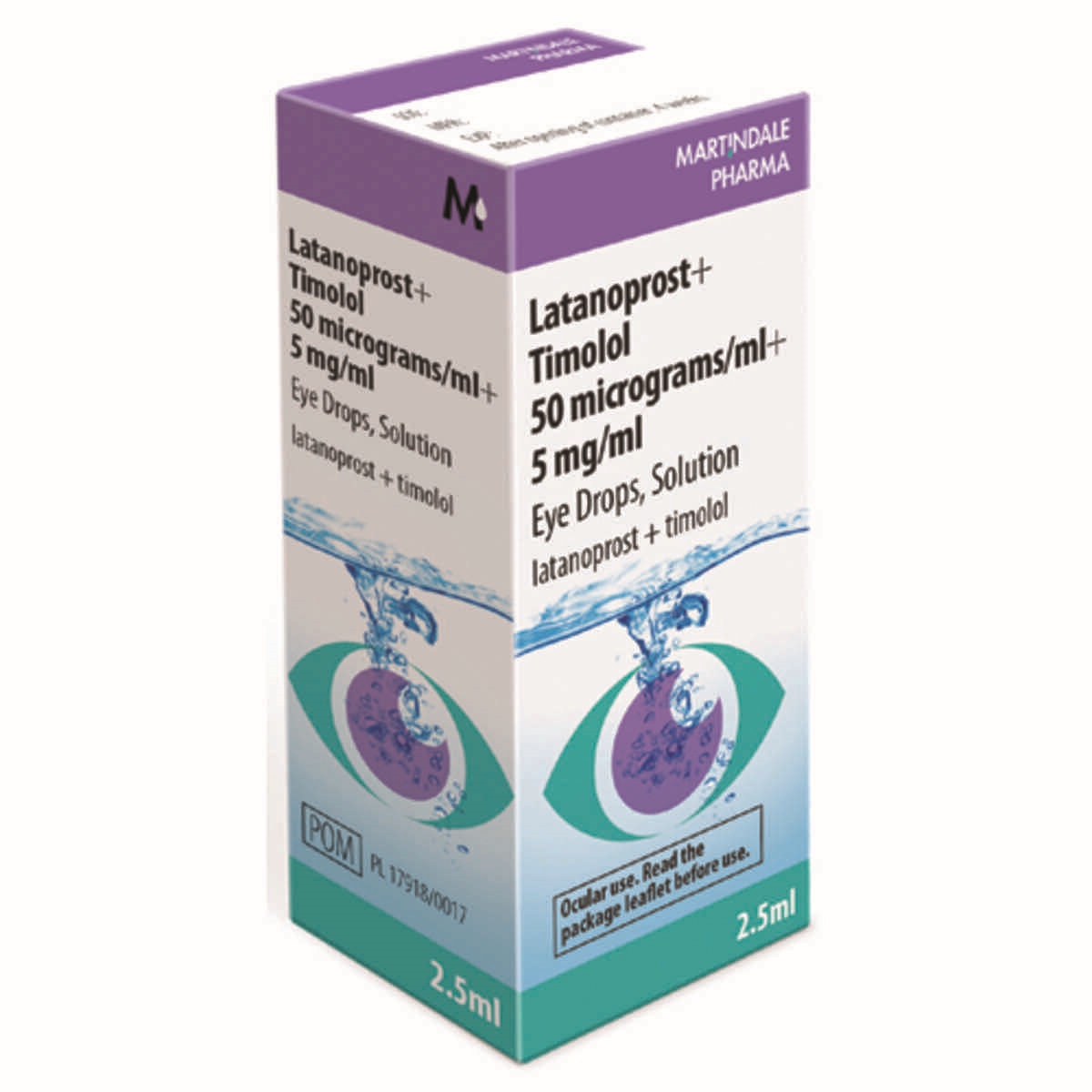

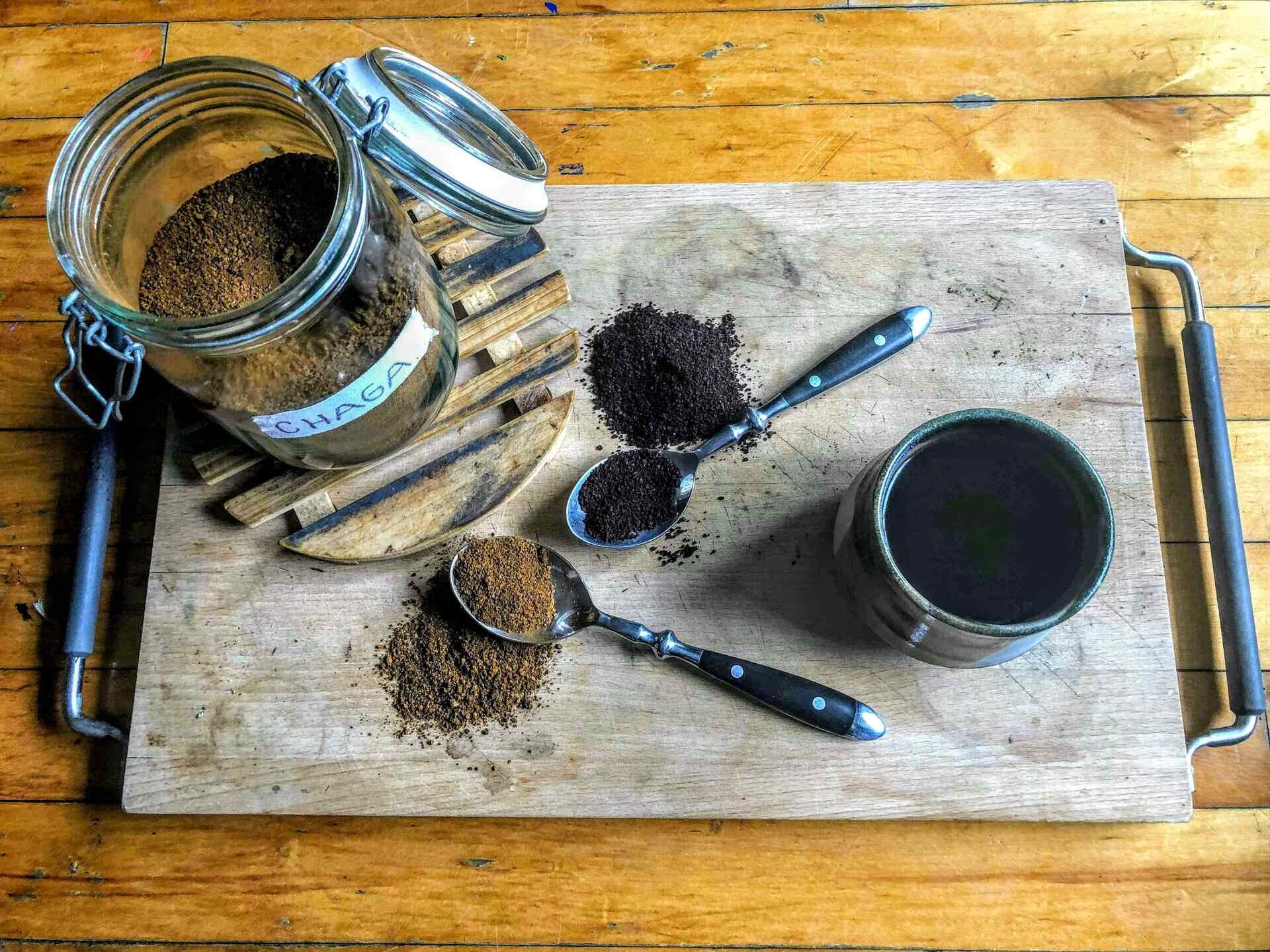
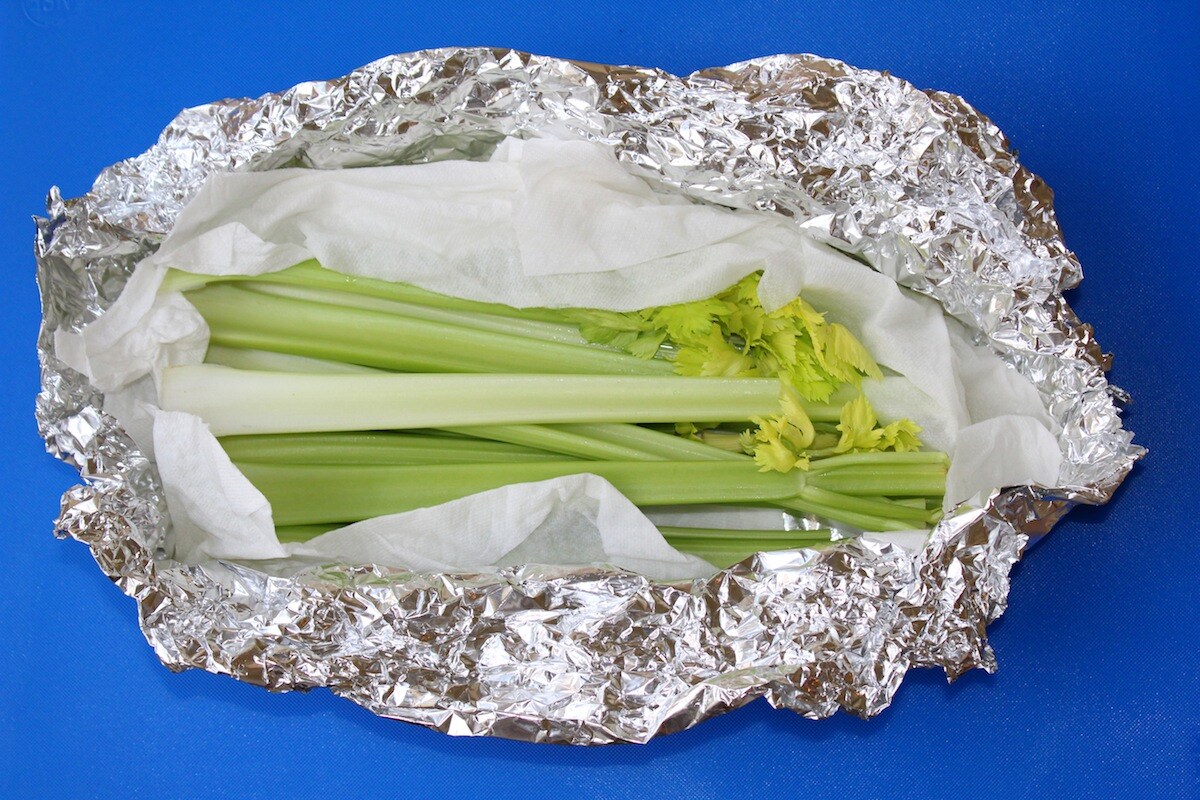

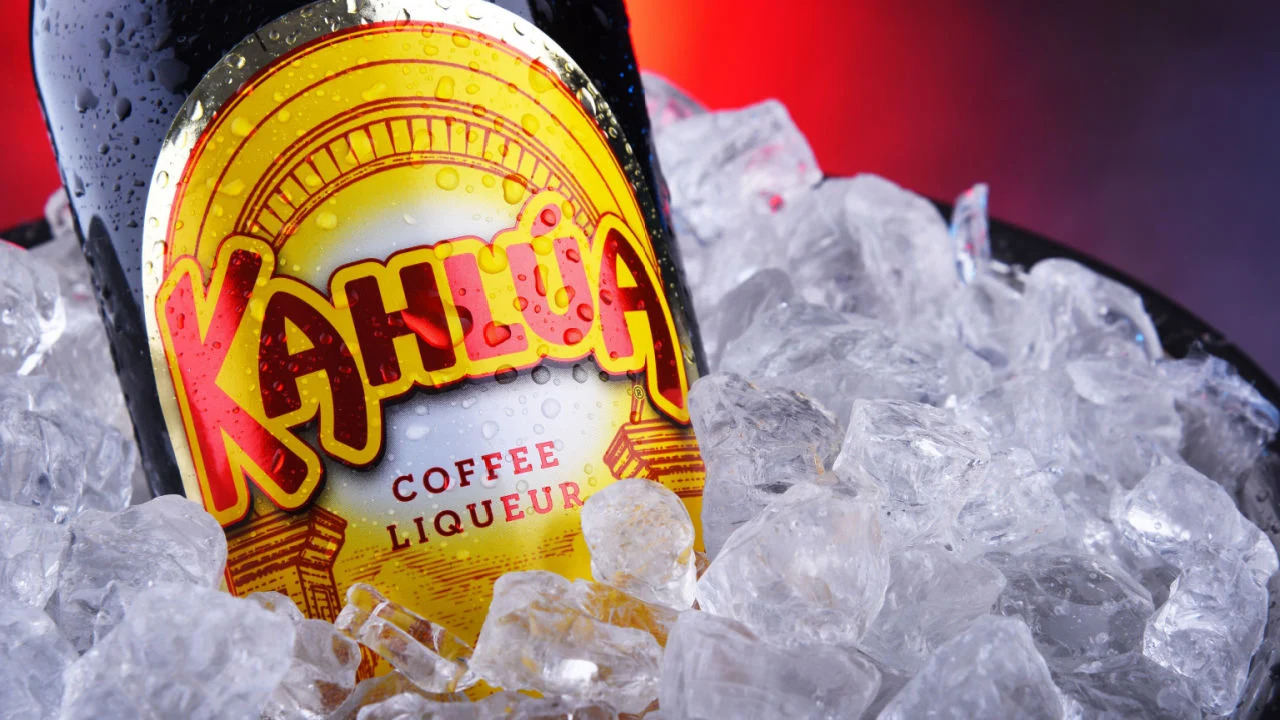

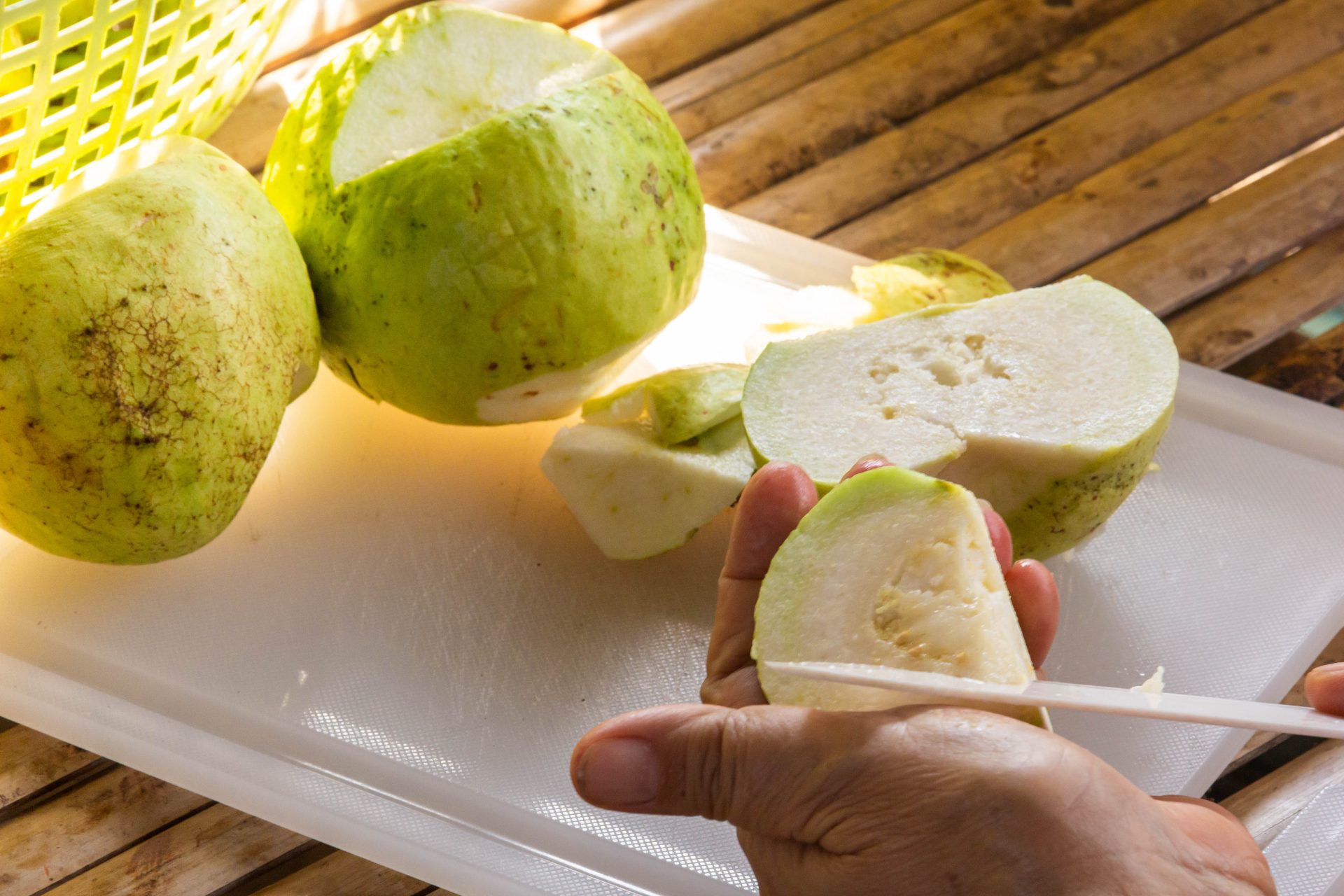




0 thoughts on “How To Store Rosewater”